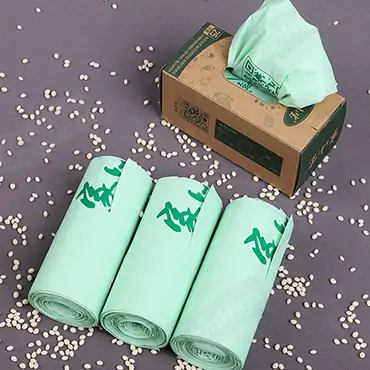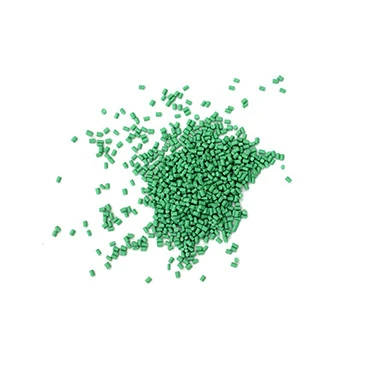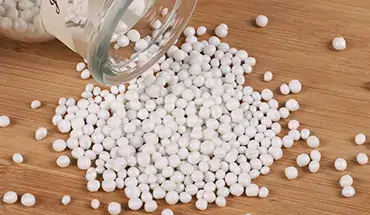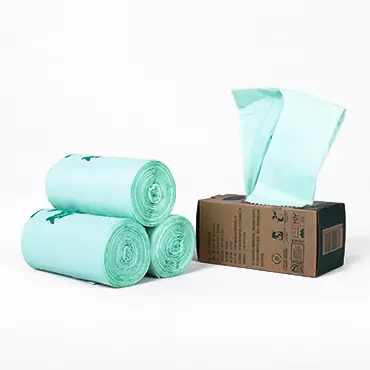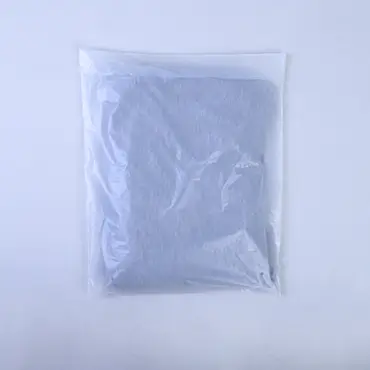Are you drowning in a sea of “green” packaging options, completely unsure which way to turn? You’re not alone! Let’s face it, the world of sustainable packaging can be a real head-scratcher, especially when you’re bombarded with terms like “biodegradable” and “compostable.” They sound pretty similar, right? But trust me, there’s a world of difference between biodegradable and compostable bags, and understanding that difference is crucial for your business, your customers, and, of course, our planet.
The Green Wave: Why Eco-Friendly Packaging is No Longer Optional
Let’s be honest, the days of ignoring the environmental impact of our businesses are long gone. The green wave is here, and it’s crashing down hard.
Consumer Demand is Skyrocketing
Customers, especially the younger generation, are more environmentally conscious than ever before. They’re actively seeking out brands that share their values, and they’re willing to put their money where their mouth is. They want sustainable packaging solutions, and they’re not afraid to ditch companies that don’t deliver.
Regulations are Tightening Up
Governments worldwide are cracking down on single-use plastics and pushing for more sustainable alternatives. Plastic bag bans and extended producer responsibility (EPR) schemes are becoming the norm. Staying ahead of these regulations isn’t just good for the planet; it’s good for business.
Decoding the Jargon: Biodegradable Bags
Okay, let’s tackle the first contender: biodegradable bags.
What Does “Biodegradable” Actually Mean?
“Biodegradable” sounds great, doesn’t it? It conjures up images of things magically disappearing back into nature. But here’s the catch: the term is incredibly broad. Technically, it just means that something can be broken down by microorganisms (like bacteria and fungi) into water, carbon dioxide, methane, etc… eventually. The problem? “Eventually” could mean a few months, or it could mean hundreds of years! There’s no set timeframe, and that’s a big deal.
The Many Faces of Biodegradable: Bio-Based vs. Fossil-Based
Biodegradable bags come in two main flavors:
- Bio-based: These are made from renewable resources like corn starch or potato starch. Sounds pretty eco-friendly, right?
- Fossil-based: These are made from traditional petrochemicals, just like regular plastic. Wait, what? Yep, you read that right. Some biodegradable bags are still made from fossil fuels.
The Downside: Biodegradable Doesn’t Always Mean Eco-Friendly
Here’s the harsh truth: just because a bag is labeled “biodegradable” doesn’t mean it’s a planet-saving superhero. If these bags end up in a landfill, deprived of the oxygen and specific microorganisms they need to decompose properly, they can still take ages to break down, potentially releasing harmful methane gas in the process. It’s like giving someone a puzzle but taking away half the pieces – they’re never going to solve it.
Compostable Bags: Nature’s Little Recyclers
Now, let’s move on to compostable bags. These are a different breed altogether.
Compostable Defined: More Than Just Breaking Down
Compostable bags are a subset of biodegradable bags but with a crucial distinction. They’re designed to break down completely under specific composting conditions within a set timeframe, typically 90 days in an industrial composting facility. They’re like the overachievers of the biodegradable world.
Home Compost vs. Industrial Compost: A Key Distinction
There are two main types of composting:
- Home Compost: This is what you might do in your backyard with food scraps and yard waste. Some compostable bags are certified for home composting, meaning they’ll break down in your home compost bin.
- Industrial Compost: This is a large-scale, controlled process that handles organic waste from businesses and communities. Most compostable bags are designed for industrial composting, where temperatures and conditions are carefully monitored to ensure complete decomposition.
The Superpower of Compostable Bags: Soil Enrichment
Here’s where compostable bags really shine. When they break down in a compost environment, they don’t just disappear. They transform into valuable compost – a nutrient-rich soil amendment that can be used to fertilize gardens and farms. It’s like a closed-loop system, where waste becomes a resource.
Biodegradable vs. Compostable: The Head-to-Head Showdown
Let’s put these two contenders side-by-side and see how they stack up:
Decomposition Conditions: It’s All About the Environment
- Biodegradable bags: Can technically break down in various environments (soil, water, etc.), but the timeframe is unpredictable and can be very long without the right conditions. They may require specific installation conditions.
- Compostable bags: Need specific composting conditions (temperature, moisture, microbes) to break down within a set timeframe (usually 90 days in an industrial facility). They have to be processed into 2 cm pieces and then put into a compost pile.
What’s Left Behind: The Residue Report
- Biodegradable bags: May leave behind microplastics or other residues, especially if they don’t fully decompose.
- Compostable bags: Break down completely into water, carbon dioxide, and biomass, leaving no harmful residues behind.
Disposal Dilemmas: Recycling, Landfills, or Compost Piles?
- Biodegradable bags: Often end up in landfills, where they may not decompose properly. Some can be recycled, but it depends on the specific material and local recycling programs.
- Compostable bags: Should be disposed of in a designated compost bin (either home or industrial). Putting them in a landfill defeats their purpose. The cost of disposing of waste garbage is higher, especially for industrial composting.
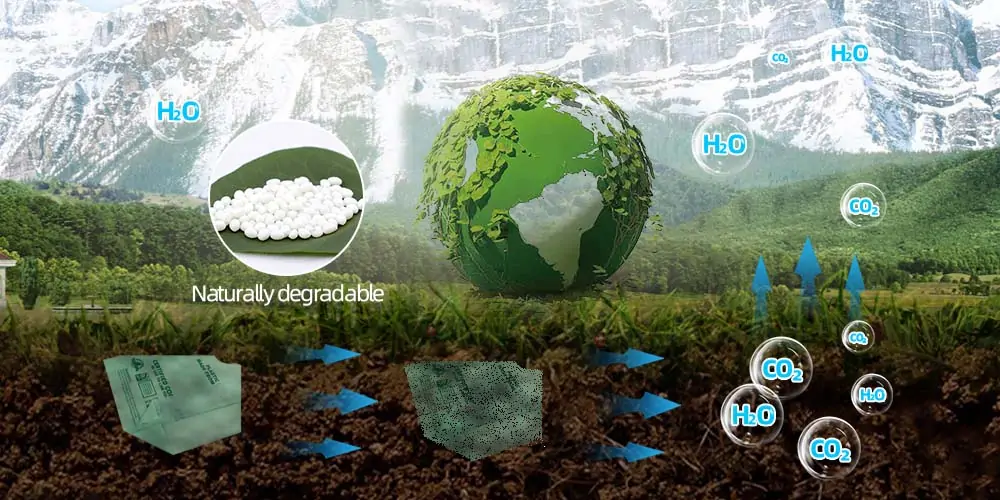
Making the Right Choice for Your Business: Compostable Bags
So, which is the real eco-hero for your business? If you’re serious about sustainability, compostable bags are the clear winner. Here’s why:
Aligning with Consumer Values and Brand Image
Choosing compostable bags shows your customers that you’re committed to environmental responsibility. It’s a powerful way to build brand loyalty and attract eco-conscious consumers. In other words, a compostable bag is a better choice from an environmental point of view.
Meeting Regulatory Requirements
As regulations around single-use plastics tighten, compostable bags can help you stay ahead of the curve and avoid potential penalties.
The Cost Factor: Is Compostable Worth the Investment?
Let’s be real, compostable bags can be more expensive than traditional plastic bags or even some biodegradable options. It is important for manufacturers to consider factors such as final cost and customer demand to choose which material. But here’s the thing: it’s an investment in your brand, your customers, and the planet.
The Long-Term Benefits of Compostable Packaging
- Reduced Environmental Footprint: Compostable bags significantly reduce your reliance on fossil fuels and minimize plastic pollution.
- Enhanced Brand Reputation: Position yourself as a leader in sustainability.
- Increased Customer Loyalty: Attract and retain customers who value eco-friendly practices.
Sourcing Reliable Compostable Bag Suppliers and Partners
Choosing the right supplier is crucial. Look for companies that offer certified compostable bags (e.g., BPI, TUV Austria) and have a proven track record of quality and reliability. As a compostable bag manufacturer, we can offer you bags that meet the conditions for compostability.
Frequently Asked Questions(FAQs)
- Are all biodegradable bags compostable?
Not all. It’s a common misconception. While all compostable bags are biodegradable, not all biodegradable bags are compostable. Only those bags that meet the conditions for compostability are compostable. The easiest way to tell is by the certification mark on the bags.
- What does 100% biodegradable mean?
It means that something can theoretically break down completely into natural elements (water, CO2, etc.) without leaving toxic residues. But it doesn’t guarantee that it will break down under normal circumstances or within a reasonable timeframe.
- Can I throw compostable bags in the regular trash?
Please don’t! Compostable bags need specific composting conditions to break down. Tossing them in the trash is like sending them to a plastic bag graveyard – they won’t decompose properly.
Conclusion: Choosing a Sustainable Packaging Solution
The difference between biodegradable and compostable bags is significant. While biodegradable might sound eco-friendly, it’s often a vague and misleading term. Compostable bags, on the other hand, offer a truly sustainable packaging solution that aligns with the principles of a circular economy. By choosing compostable, you’re not just choosing a bag; you’re choosing a better future for your business and the planet. Are you ready to make the switch? Remember to use them multiple times and throw them in the recyclable bin whenever possible when you’re done.

